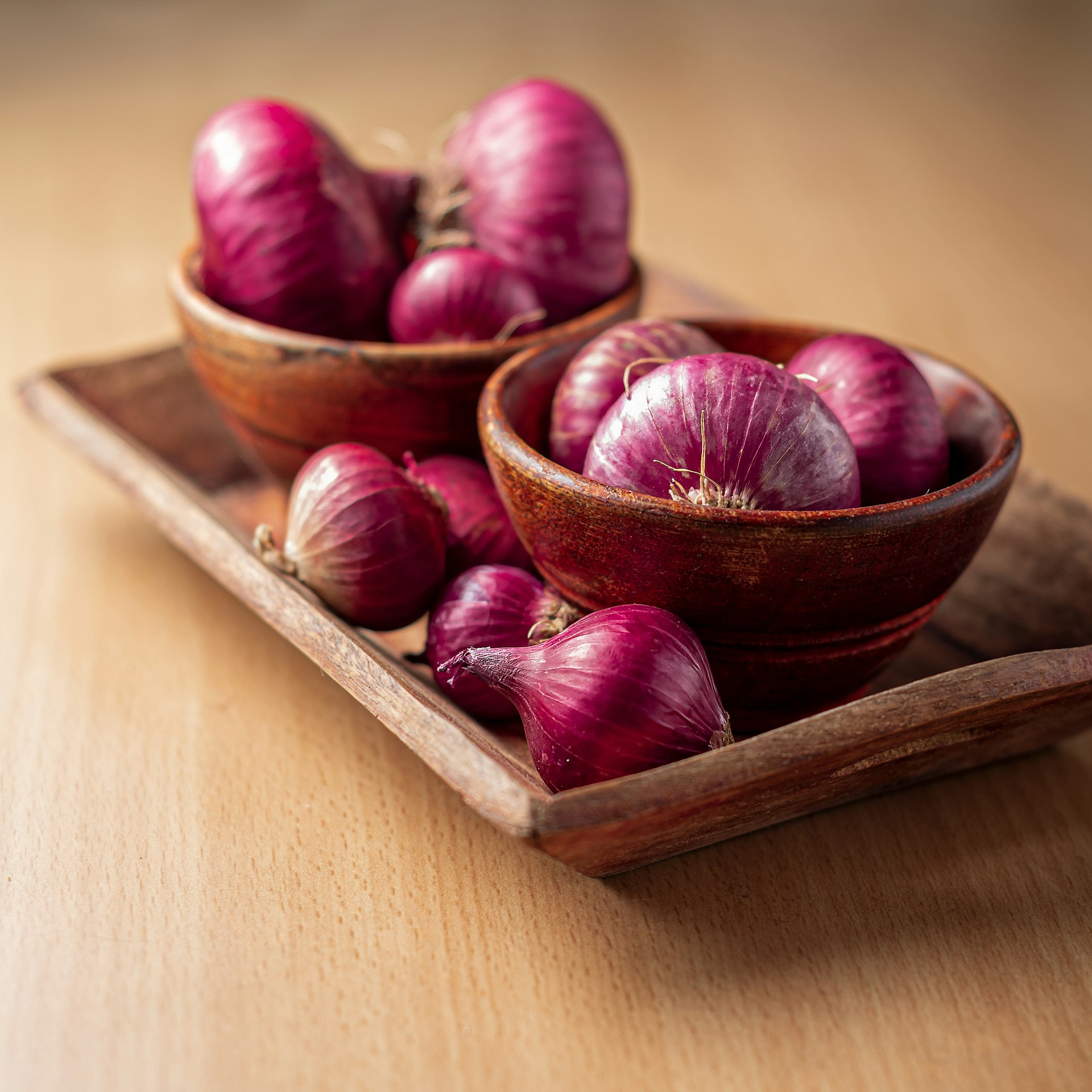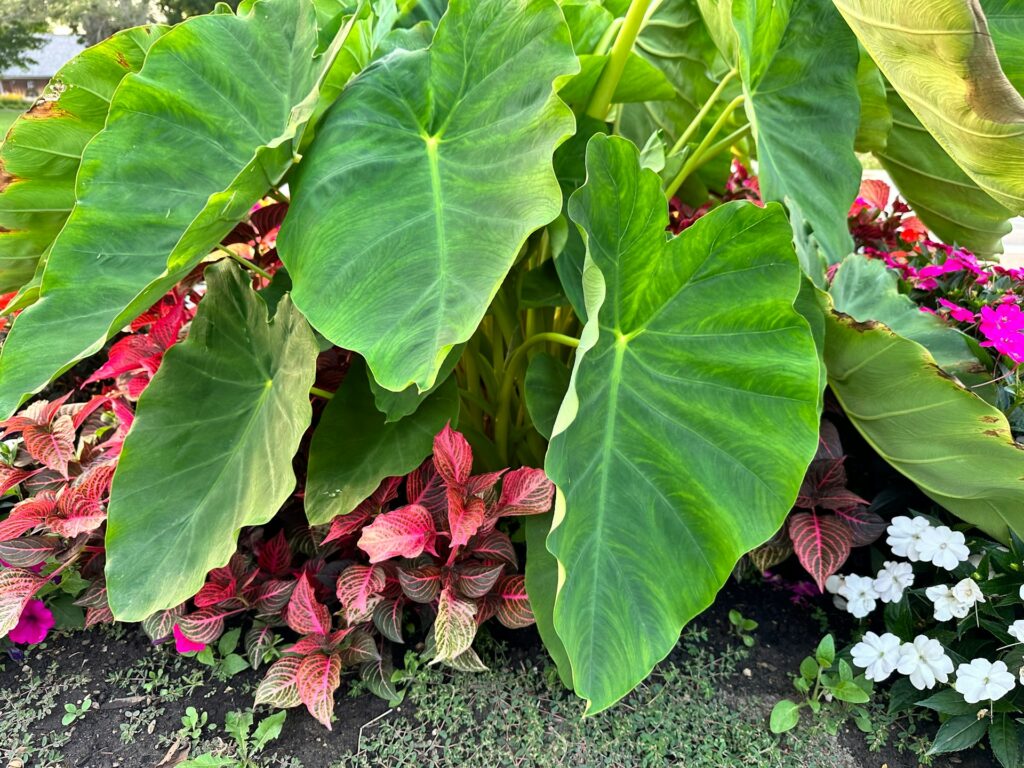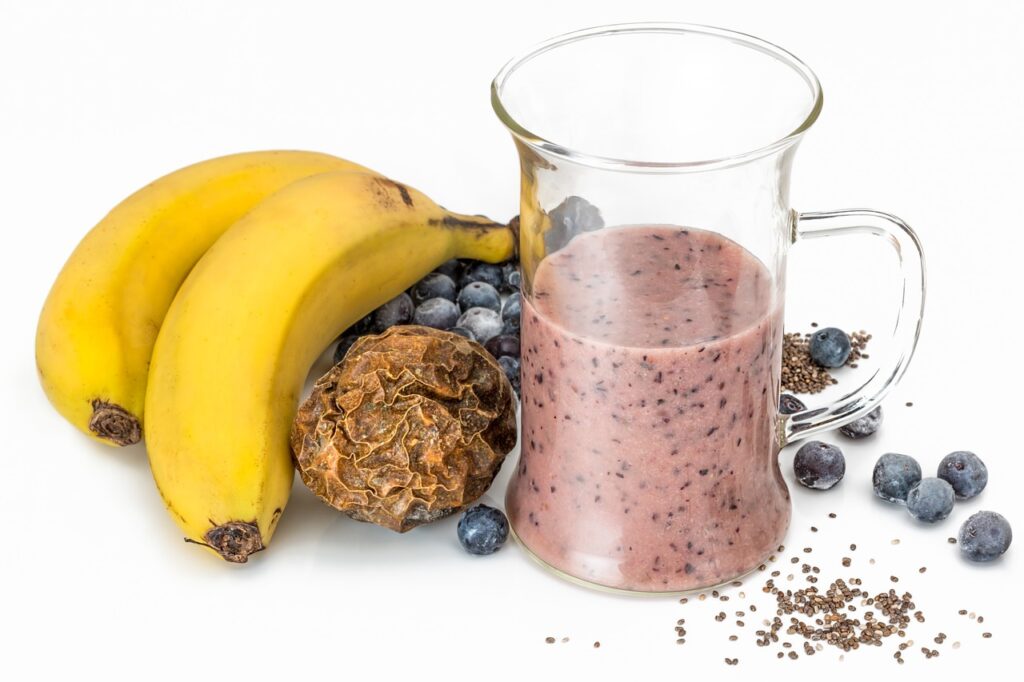
Have you ever found yourself in the kitchen, cutting an onion, and suddenly wondered, “Is this a fruit or a vegetable?” I’m here to delve into this surprisingly complex question and uncover the layers of truth behind the humble onion. This article is worth your time because it will not only answer this burning question but also enrich your culinary knowledge and perhaps even change the way you view your next recipe. So, let’s embark on this flavorful journey together!
What Exactly Is an Onion?
I often marvel at the simplicity of the onion, yet its complexity is astounding. An onion is a bulbous plant, belonging to the Allium family, which it shares with garlic, shallots, leeks, and chives. Each layer of an onion is a testament to its growth, with the entire bulb serving as an energy reserve for the plant, which is why it’s so packed with flavor and nutrients.
Is an Onion a Fruit or a Vegetable?
Botanically speaking, a fruit is the part of a plant that develops from the flower and contains the seeds. Vegetables, on the other hand, are other parts of the plant such as leaves, stems, roots, and bulbs. Therefore, I can tell you that onions are indeed vegetables, as they are the bulb of the plant and do not develop from the flower.
How Do Onions Grow and What Part Do We Eat?
Onions grow underground as the bulb of the onion plant. We typically eat the bulb, which forms from the base of the leaves and serves as a storage organ for the plant. The roots of the onion plant absorb nutrients from the soil, contributing to the bulb’s growth and its rich taste when we enjoy it in our dishes.
The Nutritional Content of Onions: What Benefits Do They Offer?
Onions are a rich source of vitamins C and B6, fiber, potassium, and other key nutrients. They have been studied for their potential to lower blood sugar levels and improve digestive health. Including onions in your diet can be a savory way to boost your nutrient intake.
Can Onions Be Eaten Raw or Should They Always Be Cooked?
Raw onions have a sharp, spicy flavor that can add a kick to salads and sandwiches. When cooked, they become sweeter and milder, making them a versatile ingredient in many recipes. Whether you eat them raw or cooked, onions add significant flavor and texture to your food.
What Makes Onions So Essential in Recipes?
Onions are a staple in the kitchen because of their ability to transform a dish. They can be the base of a recipe, providing a deep, savory flavor, or they can be added as a component to complement other ingredients. Their versatility is unmatched, making them a popular choice in cuisines worldwide.
Why Do Onions Make Us Cry and How Can We Prevent It?
The tear-inducing gases released when cutting onions are a defense mechanism of the plant. To prevent crying, you can cut onions under running water or chill them before chopping to reduce the release of these gases.
The Different Types of Onions: Exploring Varieties
From the pungent red onions to the sweet Vidalia, onions vary greatly in flavor, color, and use. Red onions are often eaten raw, adding color and bite to dishes, while yellow onions are typically used for cooking, giving a rich flavor to soups and stews.
Onions in World Cuisines: How Are They Used Globally?
In Indian cuisine, onions are often used as a base for curries, while in French cooking, they’re caramelized for soups. The versatility of onions transcends borders, making them a beloved ingredient in kitchens around the globe.
The Role of Onions in a Healthy Diet: What Studies Say
Studies suggest that onions may have various health benefits, including anti-inflammatory properties and the ability to reduce the risk of certain cancers. Their high flavonoid content can contribute to these positive health effects.
With these expanded sections, the article now provides a more comprehensive look at onions, their role in our diets, and their significance in cooking. This should bring us closer to the 900-word target while offering readers valuable insights into this versatile vegetable.




